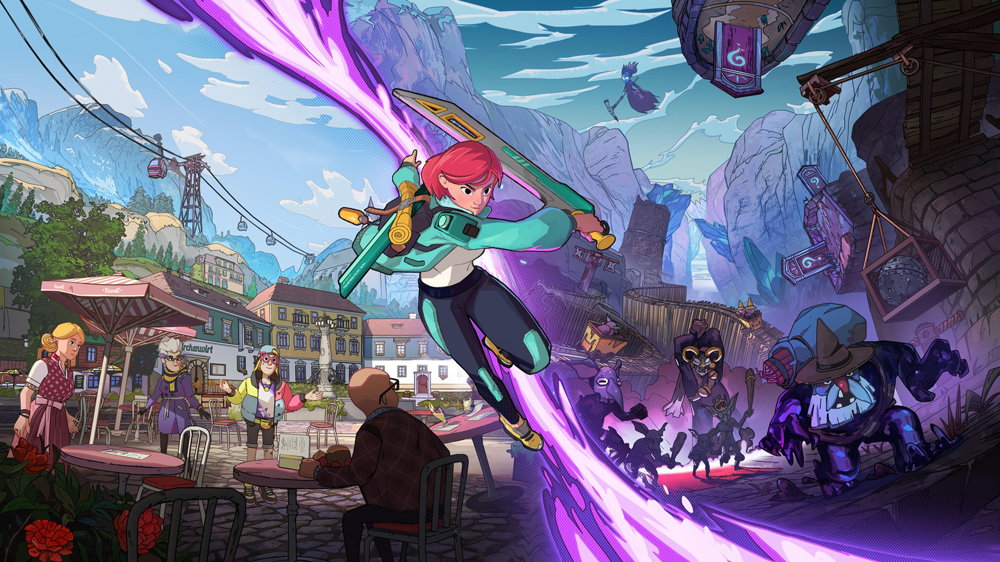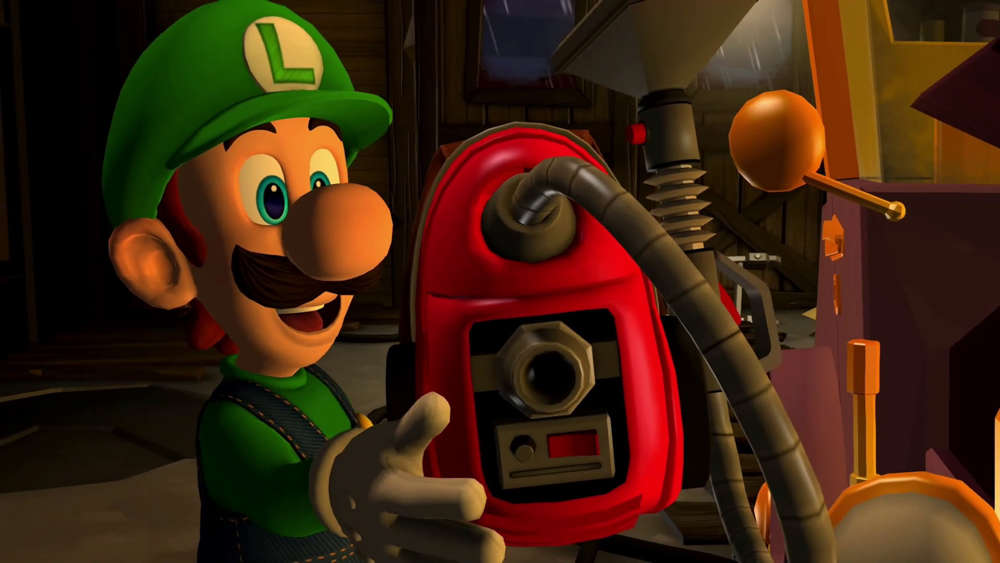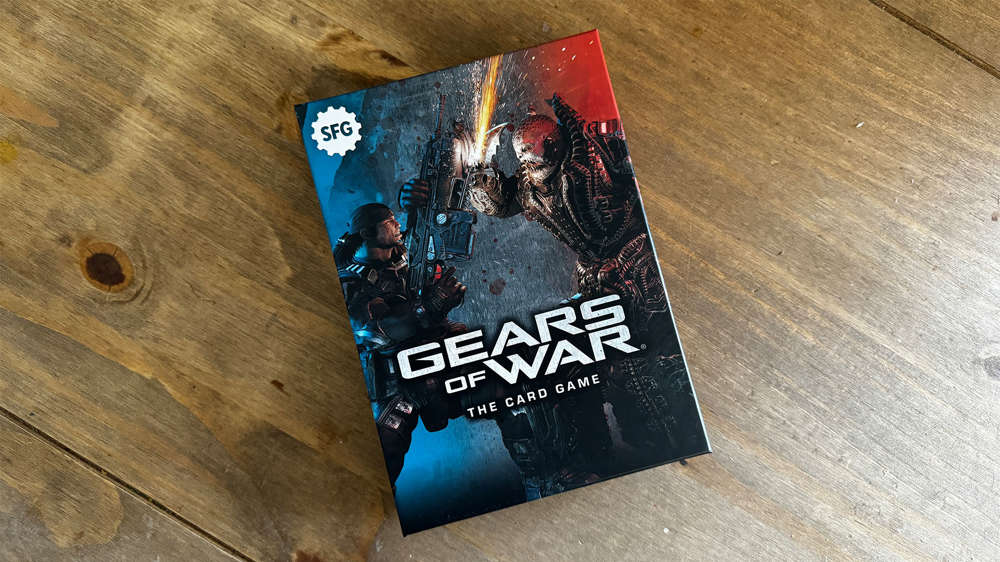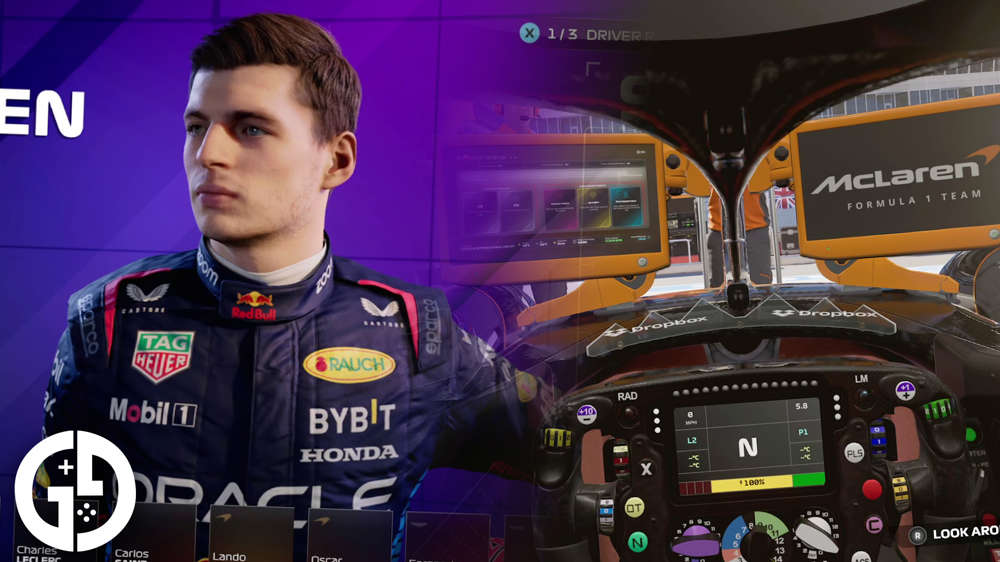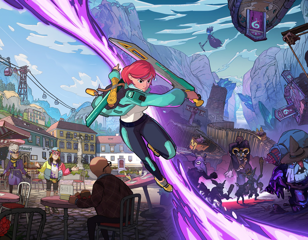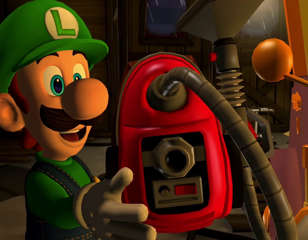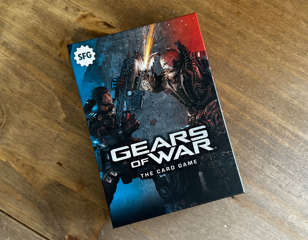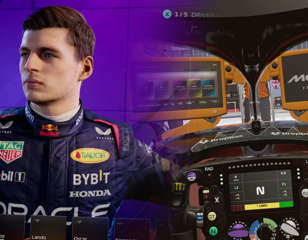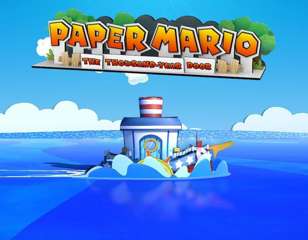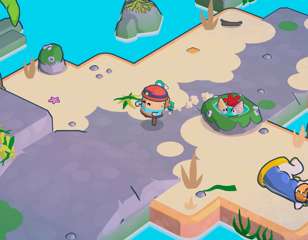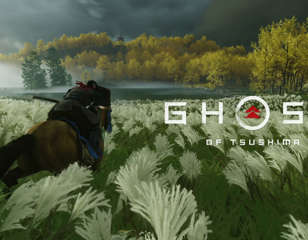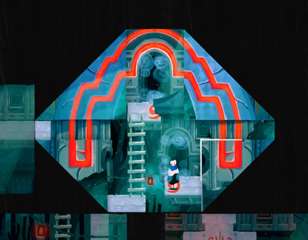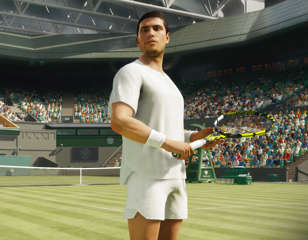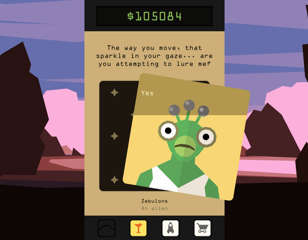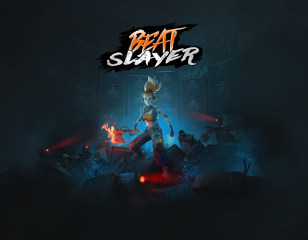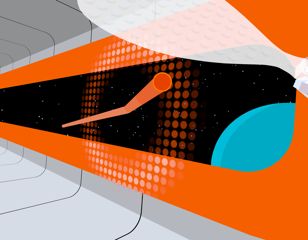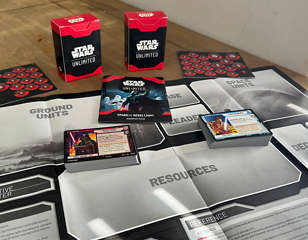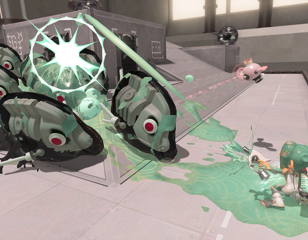Classified: France ’44 review - A strong debut marred by technical woes
Check out our review of Classified: France '44, a brand-new turn-based tactics games from Absolutely Games about clandestine operations behind enemy lines in WWII.
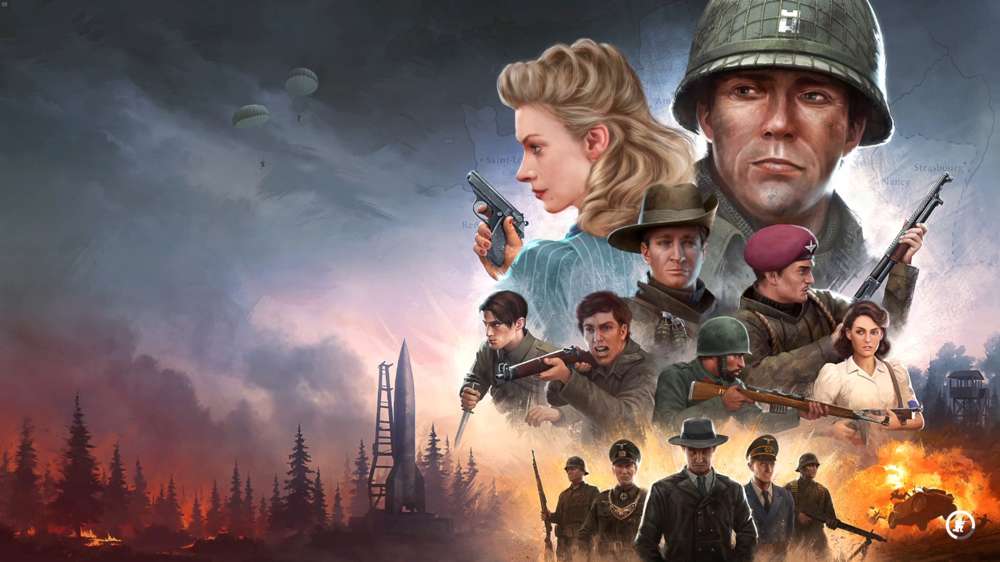
Classified: France '44 is a strong debut from Absolutely Games that's worth a go if you're looking for hours of well-designed turn-based combat, varied missions and encounters, and a highly replayable campaign.
However, it doesn't quite hit the potato masher on the head when it comes to exploring its WWII setting and creating a narrative about the human cost of war.
Images via Absolutely Games
Video games set during World War II tend to focus on the same three areas: the Western, Eastern, and Pacific fronts. The tales of valour put on display in these theatres of war make for inspiring stories, while their overt horror works to remind us why we should avoid anything approaching such a conflict ever again.
But there's a lot that gets forgotten in the gaming medium when it comes to WWII. The stories of ordinary citizens, the resistance movements, and the clandestine operations that ultimately laid the groundwork for the Allies to put a stop to the Nazi war machine.
Classified: France '44 dives into this period of the war through the eyes of the Jedburghs, a group of special forces dropped into France months prior to D-Day in order to help organise the resistance movement and ensure the success of Operation Overlord.
While it succeeds at creating a compelling tactical game loop that will satisfy you for upwards of 20 hours, technical hitches, and choices that undermine the game's themes do drag it down from reaching greatness.
GGRecon Verdict
Classified: France '44 is a strong debut from Absolutely Games that's worth a go if you're looking for hours of well-designed turn-based combat, varied missions and encounters, and a highly replayable campaign.
However, it doesn't quite hit the potato masher on the head when it comes to exploring its WWII setting and creating a narrative about the human cost of war.
Band of Brothers
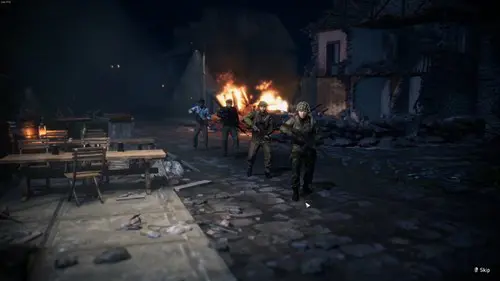
The core of Classified: France '44 involves picking a squad of four soldiers and jumping into mostly clandestine operations of sabotage, assassination, and destruction. You start off with the core four of allied soldiers and a resistance member, before getting the option to recruit more with specific missions.
These aren't nameless grunts or highly customisable soldiers you can slap a friend's name on though. Each one is their own character, with their own reasons for fighting and their own backstory. This is mostly exposed during camp conversations between missions where two soldiers have a natter, often illuminating an aspect of their character or philosophy. They're key moments of humanity that reinforce the mental toll this war had on everyone involved in it.
You're not going to get fully fleshed-out characters as a result of the sparseness with which they're explored, and that's fine. A little can go a long way, and I appreciated these moments, but the bigger issue is that, mechanically, I felt the game undermined each person's struggle and the very human cost of WWII.
To put it bluntly, none of these characters can die (at least on the standard difficulty). If a soldier's health hits zero and they aren't revived during a mission, they just head back to camp and lick their wounds. The consequences aren't even permanent, as you can heal any lasting damage. There's no actual threat to their lives, so the game's narrative focus on the mental and human cost of war, or the soldier's fears of being captured, all falls a bit flat.
The stakes are surprisingly low considering the game is set against the backdrop of the biggest war humanity has ever seen, and the only thing you can risk losing is victory progress toward D-Day - which wasn't much of an issue at any point. It was never "uh oh, I've lost a good soldier here, how will I deal with the fallout of this", it was "oh I lost some progress, that's ok, everyone's fine to go again anyway".
Thin Red Line
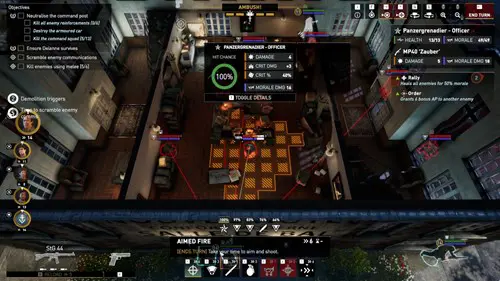
In terms of gameplay, it's your standard turn-based affair with regards to the mechanics on offer here: tile-based movement, action points, chance to hit, abilities, cover, etc. but it does have a unique approach to systems that are now commonplace in the genre, and it elevates the gameplay from being by-the-numbers.
An important part of the gameplay is how you actually approach a battle. There are three states you can essentially be in which are decided by the mission: stealth, ambush, or assault. Stealth is self-explanatory, allowing you to complete your objective without firing a shot, whereas assault puts you straight into danger with enemies on alert.
Ambush is the tactically interesting middle ground where you have the chance to launch a surprise attack before going loud by taking out a certain number of enemies stealthily. These states go a long way in varying the encounters, while also giving you the necessary amount of freedom to fight on your terms and implement your own tactical ideas and risks.
Another key feature is the morale system. In addition to worrying about your soldier's health bar, you also need to manage their morale metre. Getting shot at, seeing an ally take a hit, or being in proximity to an explosion will reduce your morale - the same goes for enemies too.
This has the effect of reducing your capabilities if the metre hits half, and will skip your turn if it reaches zero. The wounds are also carried between missions, and your soldier's morale will take a permanent hit unless they're cured.
As a consequence, your health bar isn't necessarily the most important thing to manage, and this affects how you engage with combat, creating a morale economy of sorts where the biggest danger is losing your ability to actually act effectively on a turn, which can quickly snowball into a loss.
La Résistance
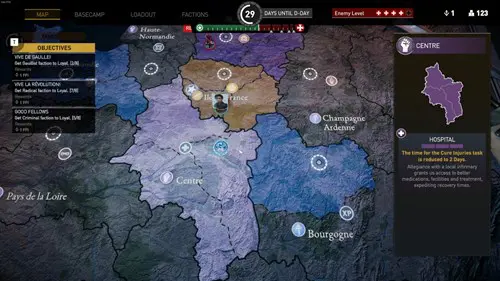
Outside of the turn-based combat, there is the map layer where you customise a soldier's loadouts and skills, select missions, and track your D-Day progress.
Essentially, France is split up into several regions, and each mission you complete lets you fill a segment of a region. Fill all three segments in a region, and you also gain a special bonus, whether it be increased XP gain, additional D-Day progress, or other buffs.
This starts out as just map painting, but over time as the Nazis cotton on to your existence, groups of Gestapo are deployed to halt you. This manifests in extra enemies during missions, but more importantly, they can occupy a region and negate your progress, forcing you to balance your standard missions with recapturing segments and trying to put a Gestapo unit out of action with FFI tokens.
This also plays into your goal of igniting the French resistance, as each region has an underground resistance cell run by the Gaullists, the Radicals, and the Criminals. Helping them out and occupying their region will reward you loyalty points, opening up their shops for you to get better weapons and armour.
All of this is ultimately a set of extra features that contextualise the gameplay more and add a level of meta-strategy to think about, but it never distracts or takes away from the turn-based combat missions. You'll probably only spend a few minutes on this screen between missions, but it helps to break things up.
Darkest Hour
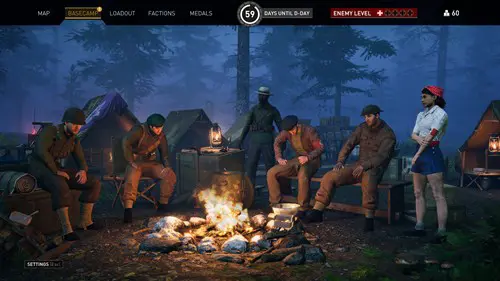
Despite the grand aims of Classified: France '44, it's still an indie game at heart, and while I'll congratulate Absolutely Games for mostly nailing the combat and tactical aspects of the game, it's clear it could have used a little bit of extra time in the oven.
There are a lot of technical hitches that sully the game, and while none were game-breaking, they were consistently annoying. To start with, the UI can be very unresponsive and unintuitive at times. For example, if I selected an action for a soldier to take and then decided against it, I couldn't just hit Esc to back out, I'd have to manually click the action again, sometimes more than once.
I also had multiple frustrating moments when using the menu to quicksave would cause the currently selected soldier to move to where the mouse was hovering after it exited out from the menu. It's also worth mentioning how buggy the animations are currently, as seemingly every time I attacked during a turn, the characters would contort weirdly and their gun would point in the opposite direction.
They're small issues that together built up to be a problem, ruining the flow of combat and the snappy responsiveness that you want in a turn-based game. Some of these may be improved or fixed with the release version - as is always the case, we reviewers get the slightly less polished version to play - but they did have a negative effect on the very core and most enjoyable part of the experience.
The Verdict
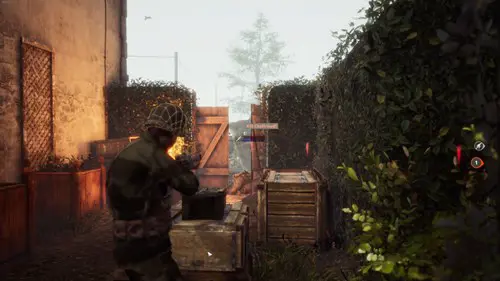
Classified: France '44 is a strong debut from Absolutely Games that's worth a go if you're looking for hours of well-designed turn-based combat, varied missions and encounters, and a highly replayable campaign.
However, it doesn't quite hit the potato masher on the head when it comes to exploring its WWII setting and creating a narrative about the human cost of war.
3.5/5
Reviewed on PC. Code provided by publisher.
Comments

